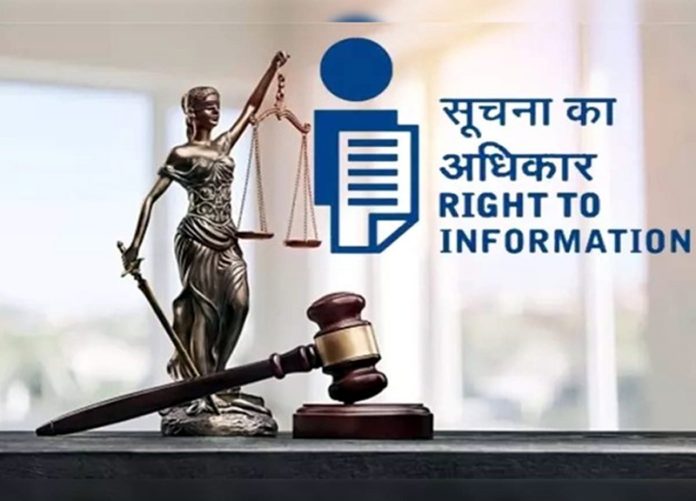The recent actions by the CIC to demand explanations from three BDOs and one ZEO in Jammu and Kashmir underscore the critical role of transparency and accountability in governance. These officials’ failure to respond to RTI requests within the stipulated timeframe, as mandated by the RTI Act, 2005, is not only a dereliction of duty but a significant breach of public trust. The RTI Act, of 2005, is aimed at promoting transparency and empowering citizens by granting them access to information held by public authorities. Under Section 7 of the Act, the CPIO or SPIO is required to respond to RTI requests within 30 days. Failure to do so is deemed a refusal to provide information, a serious violation that can attract penalties. In this instance, the BDOs of Changa, Kahara, and Jaykas in the Doda district and the ZEO of Bhalessa failed to furnish the requested information within the mandated period. The nature of the information sought was about job cards, developmental work details under the MGNREGA scheme, teacher deployment, and student enrolment figures. The reluctance or negligence of these officers to provide such information raises suspicions of mismanagement or corruption.
The CIC’s directive for these officers to facilitate record inspections and furnish requested documents within 30 days is a commendable move to uphold the principles of the RTI Act. Moreover, the requirement for these officials to submit explanations for their non-compliance and absence during appeal hearings sends a clear message: accountability will be enforced. This step is crucial in deterring future lapses and ensuring that public officials adhere to their obligations under the RTI framework. However, this incident also calls for systemic measures, as recurring issues of non-compliance and absenteeism during hearings point to a deeper malaise within the administrative machinery. There should be stricter monitoring mechanisms and swifter penalties for non-compliance to reinforce the seriousness of these obligations. Public officials must recognise that the RTI Act is not merely a procedural formality but a powerful tool for democratic empowerment.
Trending Now
E-Paper


